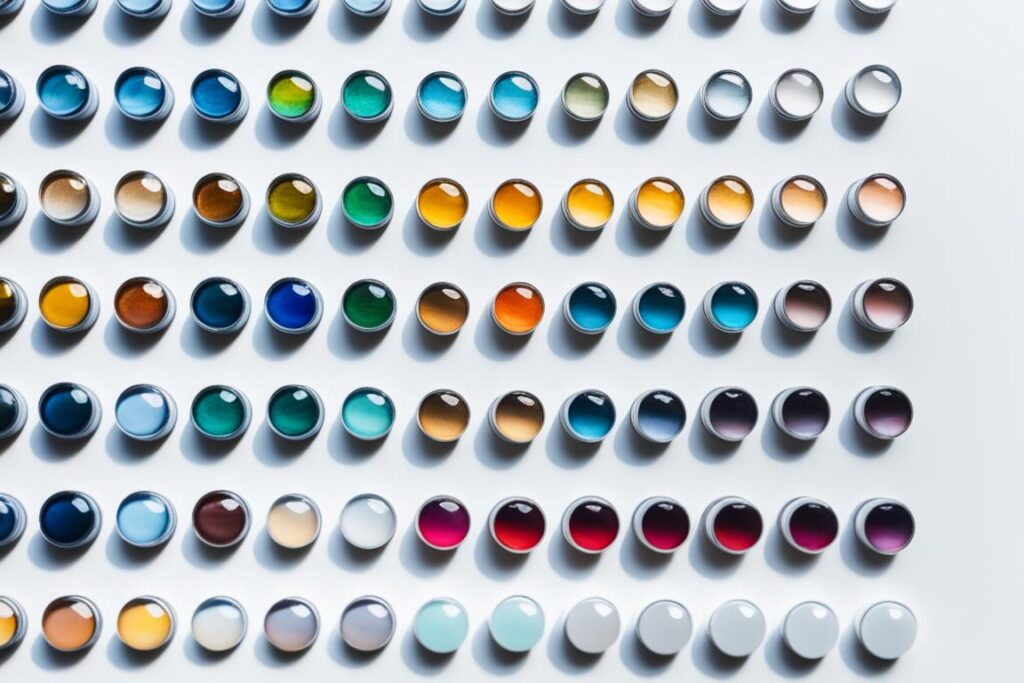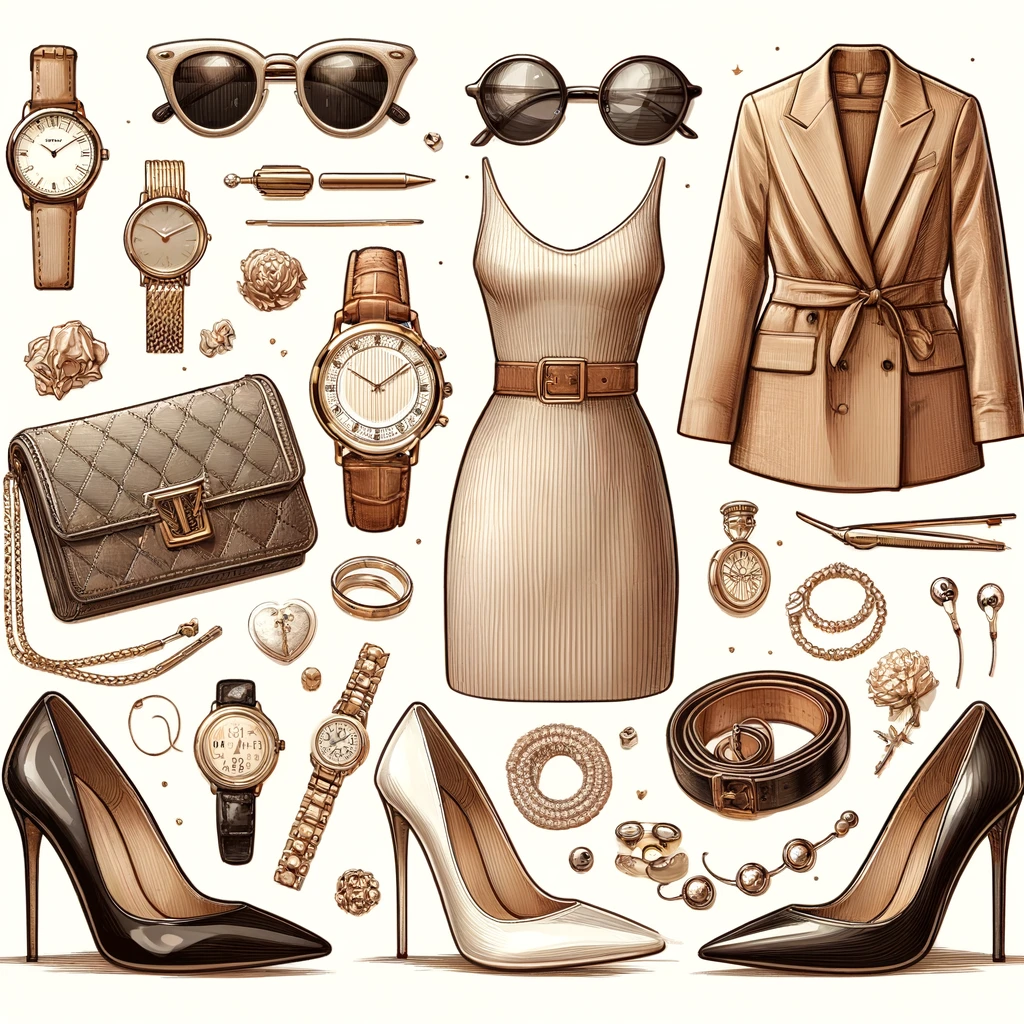When it comes to eye care and vision health, contact lenses are a popular choice for many people. Whether you need them for medical reasons or want to enhance your look with color contacts, it’s important to choose the right lenses for your specific needs. With so many options available, it can be overwhelming to navigate the world of contact lenses. That’s why we’ve put together this lenses guide to help you make an informed decision.
Firstly, it’s crucial to consider your wear schedule. Will you be wearing contact lenses daily or only occasionally? This will help determine whether daily disposables, bi-weekly/monthly replacements, or extended wear contacts are the best fit for you. Daily disposables provide convenience as they are worn for one day and then disposed of. Bi-weekly/monthly replacements require regular cleaning, while extended wear contacts can be worn continuously, even overnight.
Next, you’ll need to think about your desired maintenance level. Some people prefer the ease of daily disposables, while others are comfortable with the regular cleaning and replacement involved in using reusable lenses. Additionally, if you have any eye sensitivity, such as easily irritated or dry eyes, it’s essential to discuss these concerns with your optometrist to ensure you find lenses that cater to your specific needs.
Cost is another factor to consider. While daily disposables may seem more expensive in the long run, they eliminate the need for cleaning solutions and storage, making them a convenient option. On the other hand, reusable lenses like bi-weekly/monthly replacements and extended wear contacts may be more cost-effective over time, as each pair can be used multiple times.
Your prescription will play a significant role in determining the right contact lenses for you. Whether you’re nearsighted, farsighted, or have astigmatism, your eye doctor can guide you towards lenses that will correct your vision effectively.
Lastly, you can explore any special features you desire, such as UV blocking or color-changing lenses. These additional options can add functionality and fun to your contact lens experience.
Consulting with your optometrist is crucial throughout this process. They can provide personalized recommendations based on your prescription, lifestyle, and specific needs. They may even let you try out different lens options to find the perfect fit for your eyes.
Key Takeaways:
- Consider your wear schedule when choosing contact lenses.
- Discuss any eye sensitivity concerns with your optometrist.
- Weigh the cost of lenses against convenience and maintenance level.
- Consult with your optometrist to find lenses that match your prescription.
- Explore the option of special features like UV blocking or color-changing lenses.
Wear Forms and Maintenance Level
Choosing the right wear form for your contact lenses is crucial. It involves considering various factors, including wear schedule and maintenance preferences. Let’s explore the different wear forms and maintenance levels to help you make an informed decision.
Daily Disposables
Daily disposables are designed for one-day use. You wear them throughout the day and dispose of them each night. These lenses offer the convenience of not having to clean or store them but may be more expensive in the long run. Daily disposables are a popular choice for those who prioritize convenience and don’t want to commit to regular cleaning and storage.
Bi-weekly/Monthly Replacements
Bi-weekly/monthly replacement lenses require reusing a pair for a specific period. These lenses need to be cleaned every night before wearing them again. They are more cost-effective compared to daily disposables and require regular maintenance. If you are comfortable with taking the time for cleaning and storage, bi-weekly/monthly replacements may be a suitable option.
Extended Wear Contacts
Extended wear contacts are designed to be worn continuously, even overnight. This wear form offers convenience and eliminates the need for daily cleaning. However, they require careful cleaning and maintenance to prevent the risk of eye infections. Extended wear contacts may not be suitable for everyone and should be discussed with your eye doctor.
When deciding on the maintenance level, consider how much time and effort you are willing to invest in the care of your lenses. Daily disposables require minimal maintenance, while reusable options like bi-weekly/monthly replacements and extended wear contacts require regular cleaning and storage. Take into account your lifestyle and preferences to determine the best wear form and maintenance level for you.
Eye Sensitivity and Cost
When it comes to choosing contact lenses, eye sensitivity and cost are two important factors to consider. Your eyes may be easily irritated or dry, so it’s crucial to discuss these concerns with your eye doctor. They can assist you in selecting lenses that are designed for dry eye relief or made with materials that are less likely to cause irritation.
Cost is another aspect that deserves attention. Daily disposables may have a higher upfront cost since new lenses are used each day, but they eliminate the need for cleaning and storing solutions. On the other hand, reusable options like bi-weekly/monthly replacements and extended wear contacts can be more cost-effective in the long run, as each pair is used multiple times.
It’s important to weigh the cost against the convenience and maintenance level to determine the best option for your budget and lifestyle. Consider how sensitive your eyes are and the level of maintenance you are willing to commit to. By finding the right balance between eye sensitivity and cost, you can choose contact lenses that provide both comfort and affordability.
Conclusion
Choosing the right contact lenses is a crucial decision that should always involve a consultation with your trusted optometrist. By working closely with your optometrist, you can benefit from their expertise in assessing your prescription, evaluating your eye health, and providing personalized recommendations.
When selecting contact lenses, it’s essential to prioritize your eye health and comfort. Factors such as wear forms, maintenance level, eye sensitivity, cost, prescription needs, and desired special features should all be taken into consideration. Your optometrist can guide you through these considerations, ensuring that you make an informed decision that optimizes both your vision and overall eye well-being.
Remember, once you’ve chosen the right contact lenses, following proper cleaning and care instructions is vital to maintain healthy eyes and enjoy clear vision. Regular check-ups with your optometrist are also crucial to monitor the health of your eyes and make any necessary adjustments to your contact lens selection.



